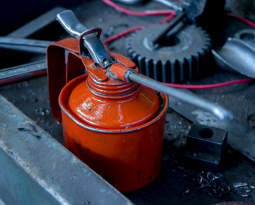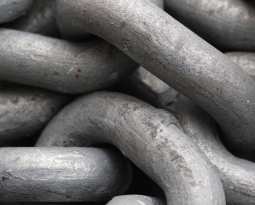Resilient Lifescience Is Fighting Opioid Overdose with Tech
Resilient Lifescience, a startup based in Pittsburgh, is making waves in the fight against fatal opioid overdose with its wearable medical device. In 2021, over 5,000 people in Pennsylvania lost their lives to overdoses, and CEO Brad Holden was personally impacted by the epidemic after losing a family member to opioid use. He teamed up with CTO Charlie Proctor to develop a wearable patch that can detect and reverse overdoses using naloxone, an overdose-reversing drug.
The device can be worn on the abdomen and monitors the wearer’s vitals. If it detects an overdose, it automatically injects naloxone to prevent death. Resilient Lifescience has been working with harm reduction organizations in Western Pennsylvania and talking to people who have struggled with opioid use to develop the device.
The startup has also received support from life sciences-focused accelerators such as LifeX, as well as funding from the Richard King Mellon Foundation’s Social-Impact Investment Pitch Competition. Resilient Lifescience is now in the process of raising a seed round of $1.5 million to support its research and development.
Holden believes that technology will be a critical tool in combating the opioid epidemic, and the Resilient Lifescience device could save tens of thousands of lives per year. The startup plans to conduct a clinical study this summer and partner with a supervised injection facility by the beginning of 2024 to show that its device can detect overdoses in a real-world setting.
Resilient Lifescience’s mission to reduce opioid overdose deaths is an important one, and its innovative wearable medical device could make a significant difference in the lives of people struggling with opioid addiction. With its partnerships with harm reduction organizations and life sciences-focused accelerators, Resilient Lifescience is well-positioned to continue its research and development and bring its device to those who need it most.
Are you developing new technology for an existing application? Did you know your development work could be eligible for the R&D Tax Credit and you can receive up to 14% back on your expenses? Even if your development isn’t successful your work may still qualify for R&D credits (i.e. you don’t need to have a patent to qualify). To find out more, please contact a Swanson Reed R&D Specialist today or check out our free online eligibility test.
Who We Are:
Swanson Reed is one of the U.S.’ largest Specialist R&D tax advisory firms. We manage all facets of the R&D tax credit program, from claim preparation and audit compliance to claim disputes.
Swanson Reed regularly hosts free webinars and provides free IRS CE and CPE credits for CPAs. For more information please visit us at www.swansonreed.com/webinars or contact your usual Swanson Reed representative.

















